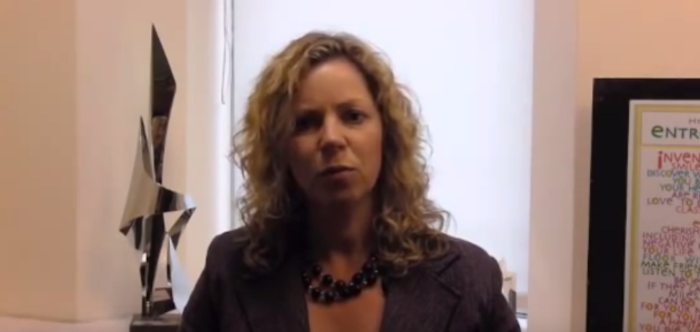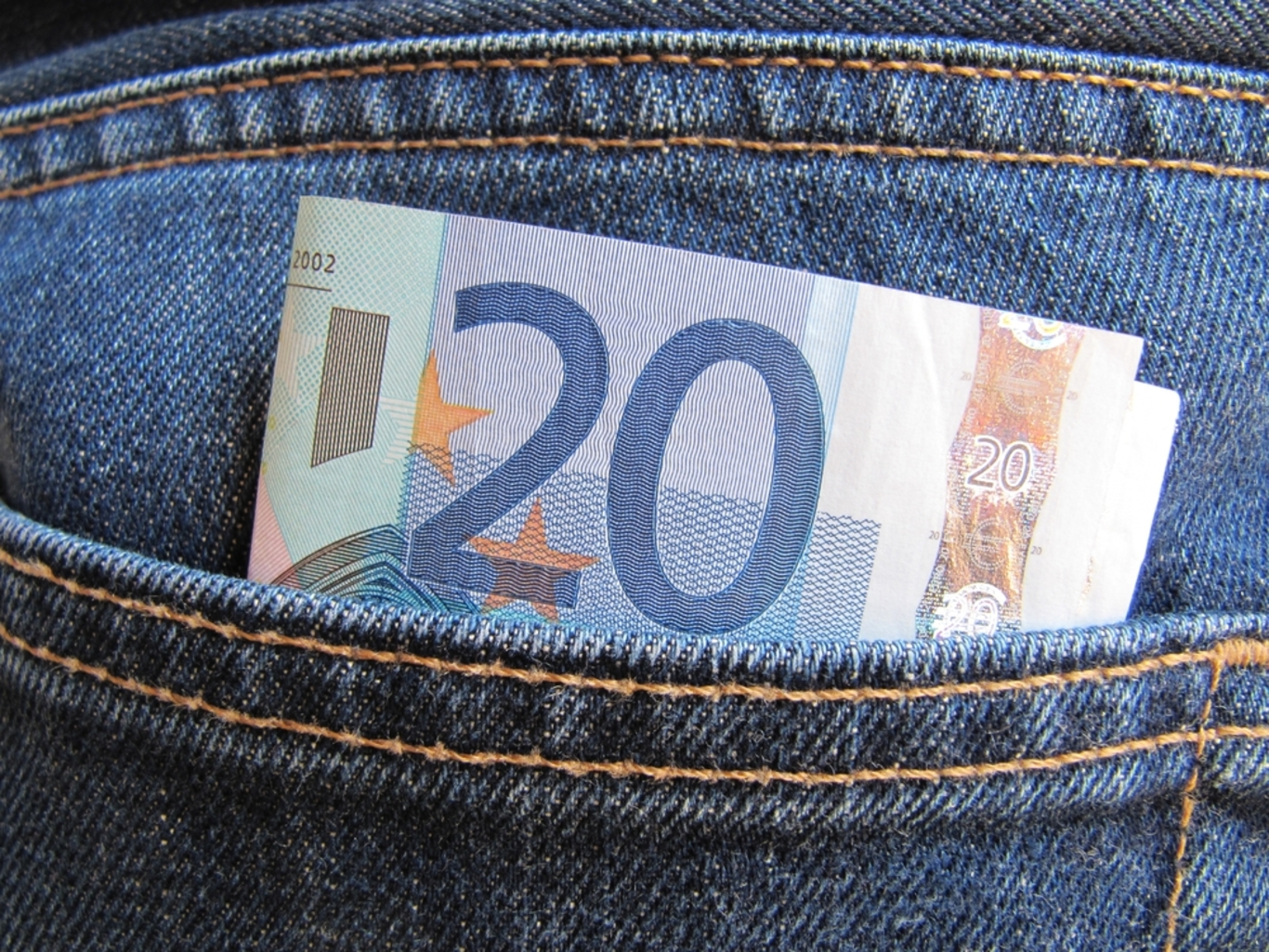Calls to slash the top rate of tax for Irish workers by a huge 7%
The Small Firms Association wants the marginal tax rate cut from 52% to 45%.
THE TOP RATE of tax for Irish workers should be cut to 45% in the coming years, it has been claimed.
In its end of year statement issued today, the Small Firms Association (SFA), which represents over 8,500 small businesses in Ireland, also called on the government to increase the entry point for the marginal rate of tax.
As it stands, the the marginal rate kicks in at €34,000. Ireland’s headline marginal tax rate is 52% for earnings above €70,044, one of the highest in the OECD.
SFA chairwoman Sue O’Neill said that the group estimates that small businesses will create as many as 20,000 jobs next year.
Job creation
“These jobs will be in a wide variety of sectors, giving a boost to villages, towns and cities across Ireland,” she said.
“In order for this job creation to be realised, however, concrete steps are needed from Government. Tax competitiveness should be the top priority in the coming year.
“By creating a real pro-business tax system and making sure that work always pays, employees, small businesses and society as a whole will be better off.”
 SFA chairwoman Sue O'Neill
SFA chairwoman Sue O'Neill
Marginal tax rate
The SFA called on the government to reduce the marginal rate of tax, “with a view to bringing it to 45% over the coming years”.
The group added: “Increase the entry point to the marginal rate of tax. In Ireland, the marginal rate kicks in at €34,000.
“This acts as a barrier to taking on more hours or to taking up a job, especially for second earners in a household.”
O’Neill said that the SFA “has a vision of Ireland as the most vibrant small business community in the world”.
“With a strong Government focus on tax reform and competitiveness, Ireland’s 235,000 small businesses can create 20,000 new jobs in 2017, reinvigorate towns and villages around the country and make a significant contribution to the Irish economy,” she said.
A report published by the Irish Tax Institute in the run up to the budget found that found that middle income earners pay some of the highest tax rates in the OECD, and more than their equivalents in Sweden.






